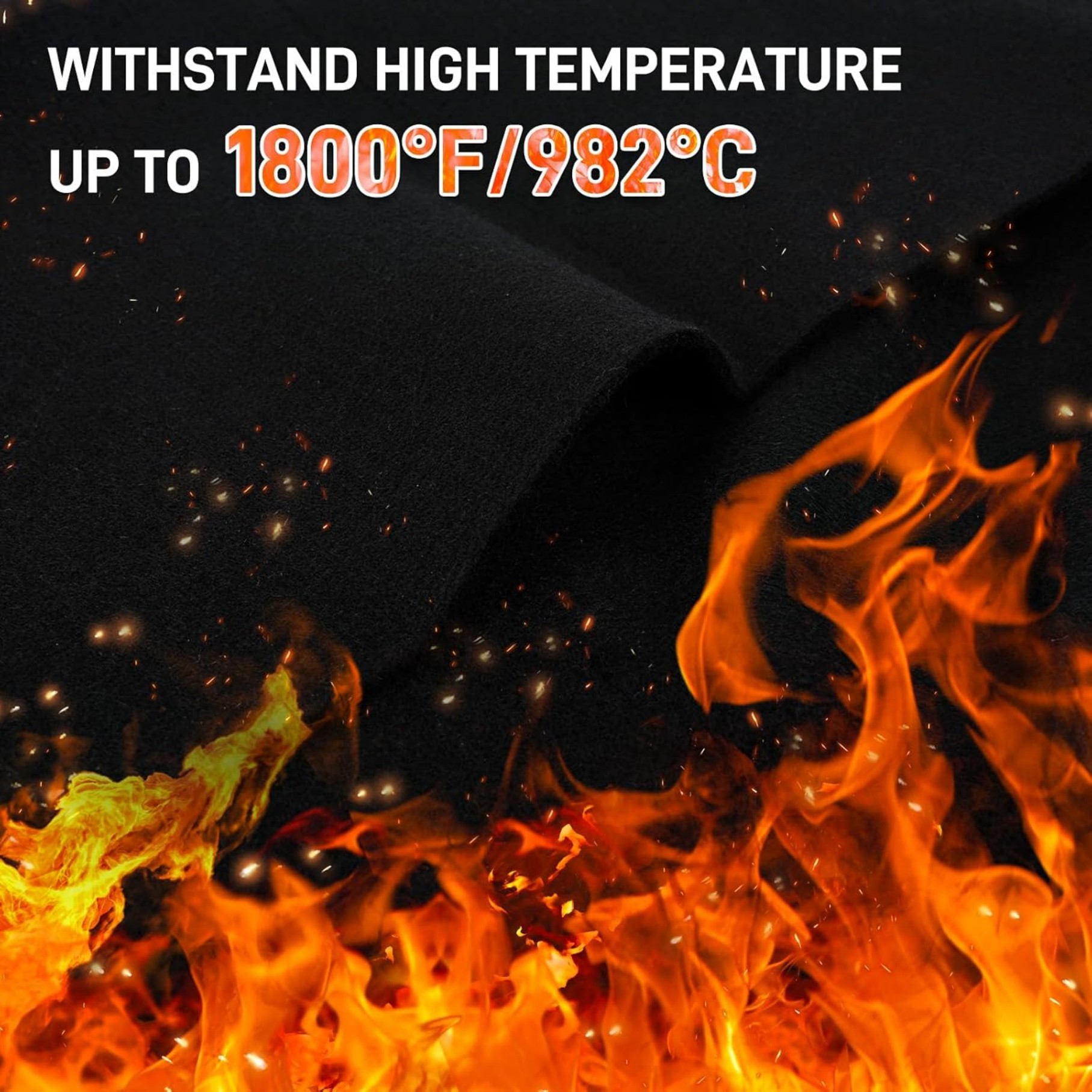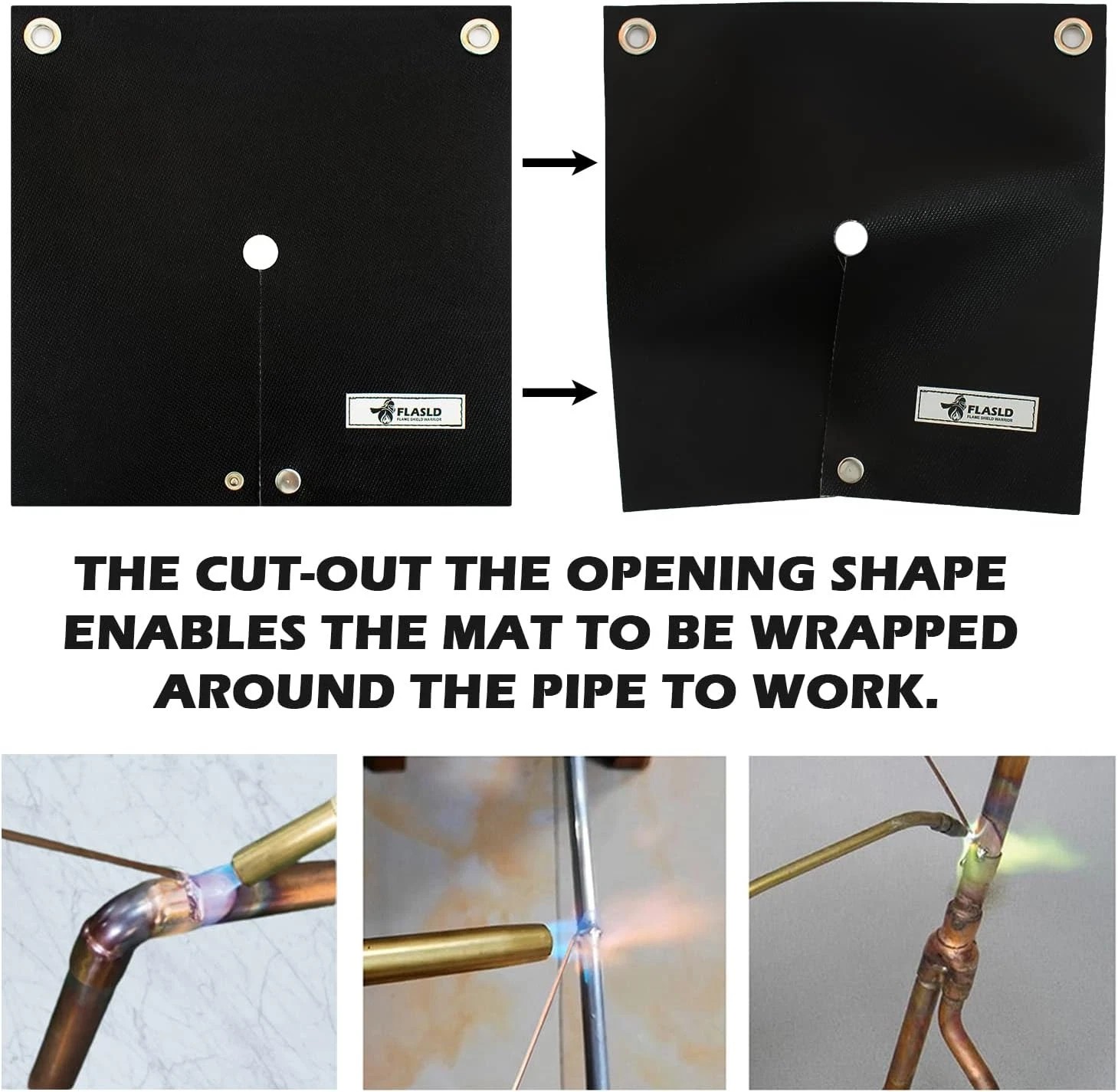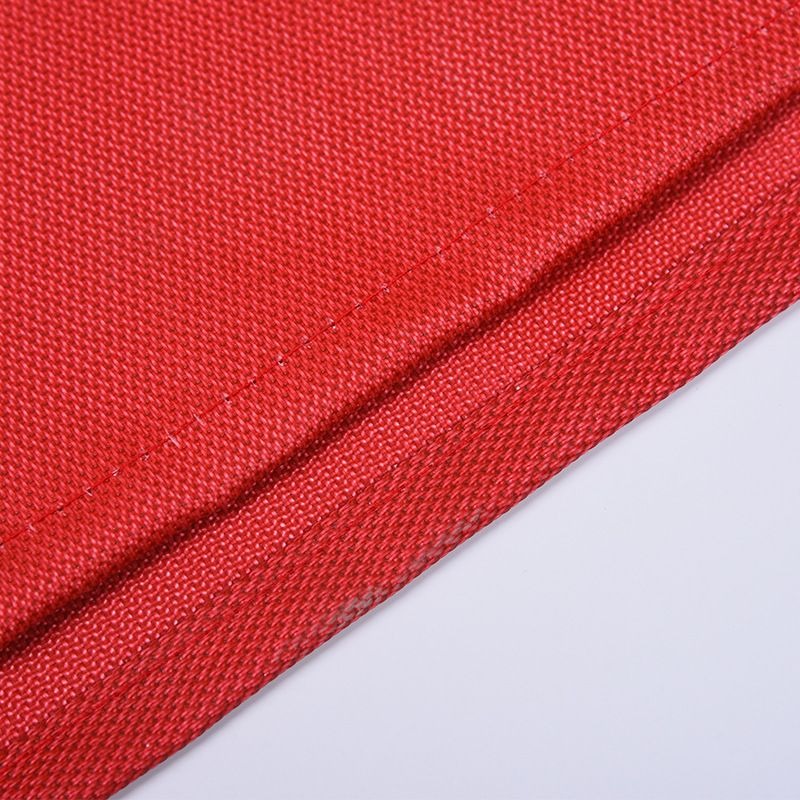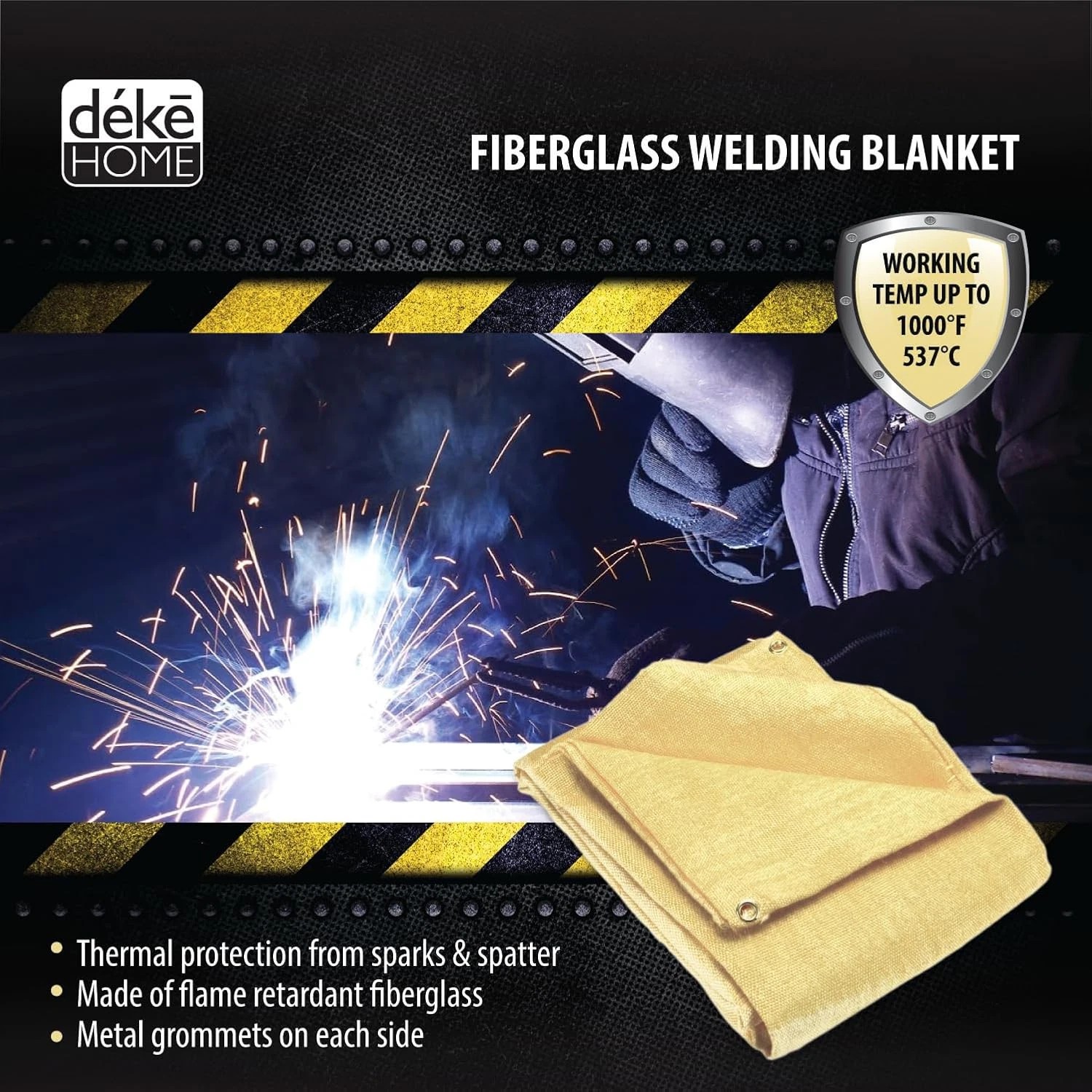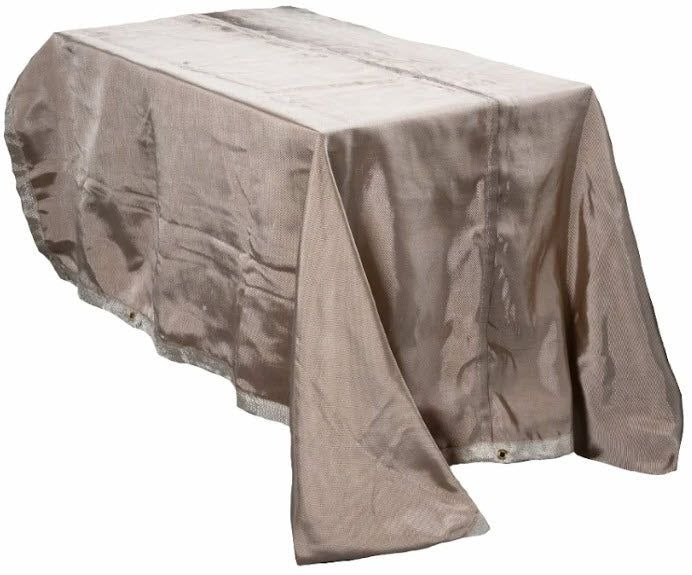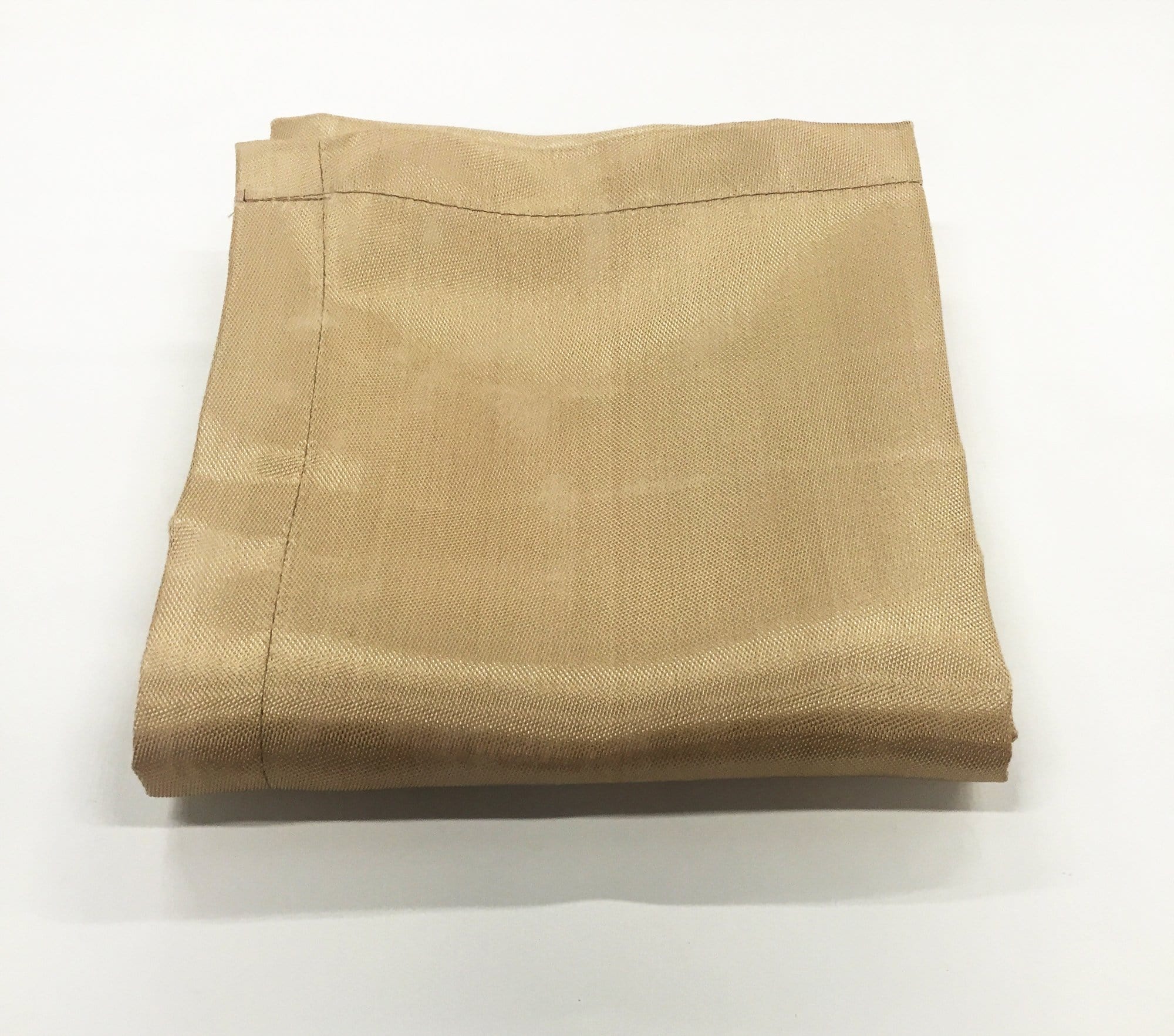How a Welding Blanket Can Insulate Your Grill for Better Heat Retention
Summary:A welding blanket can effectively insulate your grill, improving heat retention and fuel efficiency. This guide explains proper installation methods, safety considerations, and performance benefits for grilling enthusiasts.
Why Use a Welding Blanket to Insulate Your Grill?
If you're serious about grilling, you know heat management is everything. A welding blanket wrapped around your grill acts as superior insulation, trapping heat inside the cooking chamber. Unlike standard grill covers, these industrial-grade blankets withstand extreme temperatures up to 1,800°F (982°C).
When you insulate your grill with a welding blanket, you'll notice three immediate benefits:
- Faster preheating:Reach optimal cooking temperatures 25-40% faster
- Consistent heat:Maintain steady temperatures even in windy conditions
- Fuel savings:Reduce charcoal or propane consumption by up to 30%
Choosing the Right Welding Blanket for Grill Insulation
Not all welding blankets work equally well for grill applications. Look for these specifications:
- Fiberglass material with silicone coating (most heat-resistant option)
- Minimum 1/8" thickness for proper insulation
- Temperature rating at least 300°F higher than your grill's max temperature
- Reinforced grommets for secure attachment
Avoid vinyl-coated blankets - they can melt at grill temperatures. For most home grills, a 4'x6' blanket provides complete coverage.
Proper Installation Techniques
To safely insulate your grill with a welding blanket:
- Measure your grill's circumference to determine blanket size needed
- Position the blanket so it doesn't contact any direct flames
- Use stainless steel clamps or high-temp zip ties to secure the blanket
- Leave at least 1" clearance around vents and controls
- Check periodically for wear or heat damage
For kamado-style grills, wrap the blanket around the ceramic body. On barrel grills, focus coverage on the sides and top.
Safety Considerations When Using Welding Blankets
While welding blankets make excellent grill insulators, follow these precautions:
- Never cover the entire grill - maintain proper airflow
- Inspect for fraying edges before each use
- Keep children and pets away from the hot blanket surface
- Allow complete cooling before removing or storing
- Replace immediately if you notice melting or charring
Performance Comparison: Before and After Insulation
Independent tests show remarkable improvements when using a welding blanket to insulate grills:
| Metric | Without Blanket | With Welding Blanket |
|---|---|---|
| Time to 500°F | 22 minutes | 16 minutes |
| Heat loss in 10mph wind | 38°F drop | 12°F drop |
| Charcoal burn time | 4.5 hours | 6.2 hours |
Alternative Uses for Welding Blankets in Outdoor Cooking
The same principles that make welding blankets great for grill insulation apply to other cooking equipment:
- Smokers:Wrap the firebox to maintain consistent smoking temps
- Pizza ovens:Insulate the exterior for faster heat recovery
- Camp stoves:Create wind barriers in outdoor settings
- Dutch ovens:Use as a heat reflector when baking
Maintenance and Care Tips
To maximize your welding blanket's lifespan as grill insulation:
- Shake off ash and debris after each use
- Spot clean with mild soap and water when cool
- Store rolled rather than folded to prevent crease damage
- Check grommets monthly for integrity
- Replace every 2-3 years with heavy use
By properly using a welding blanket to insulate your grill, you'll achieve professional-level temperature control while saving money on fuel. The initial investment pays for itself in just one grilling season.


